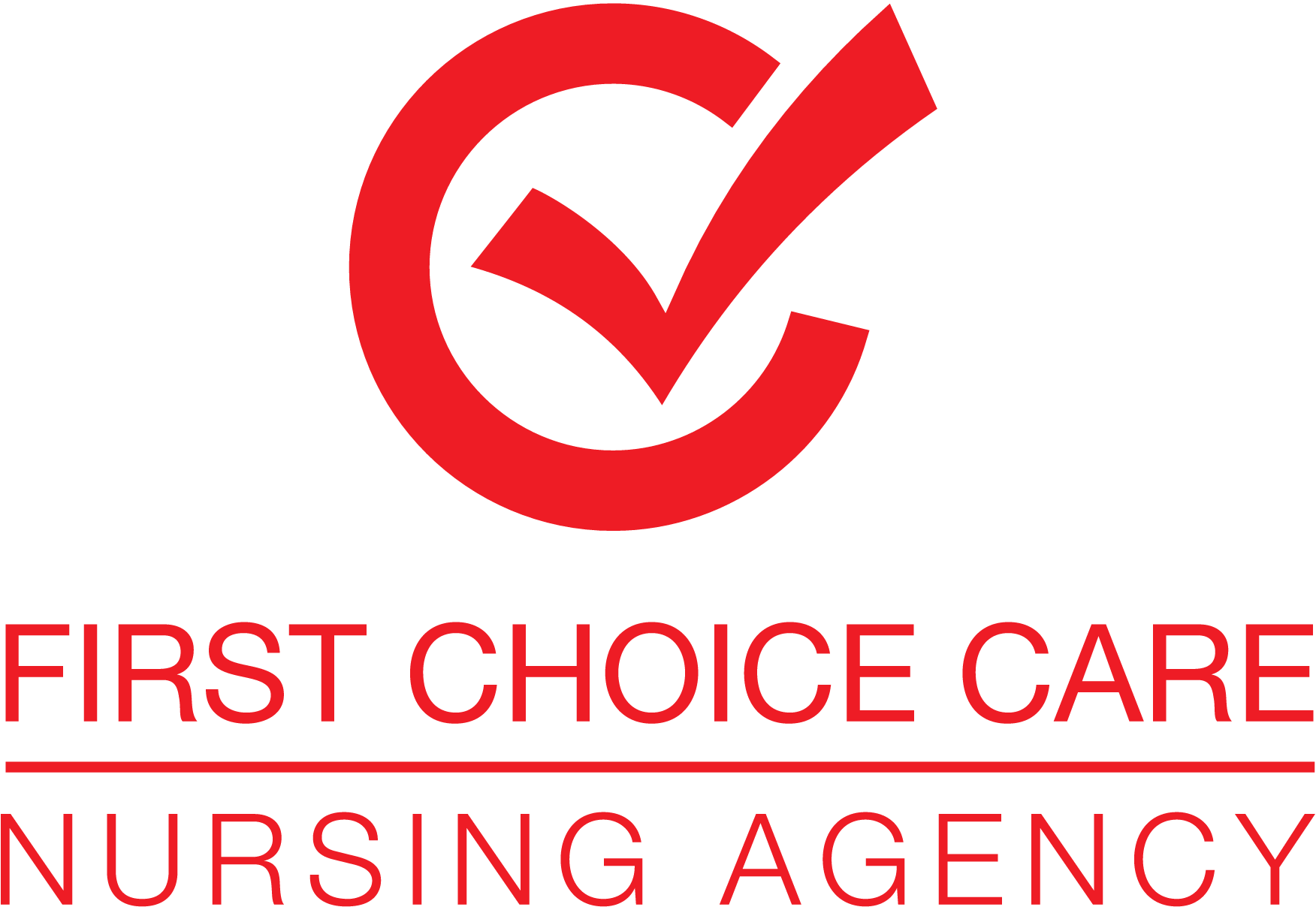CALL US 1300 307 241
-
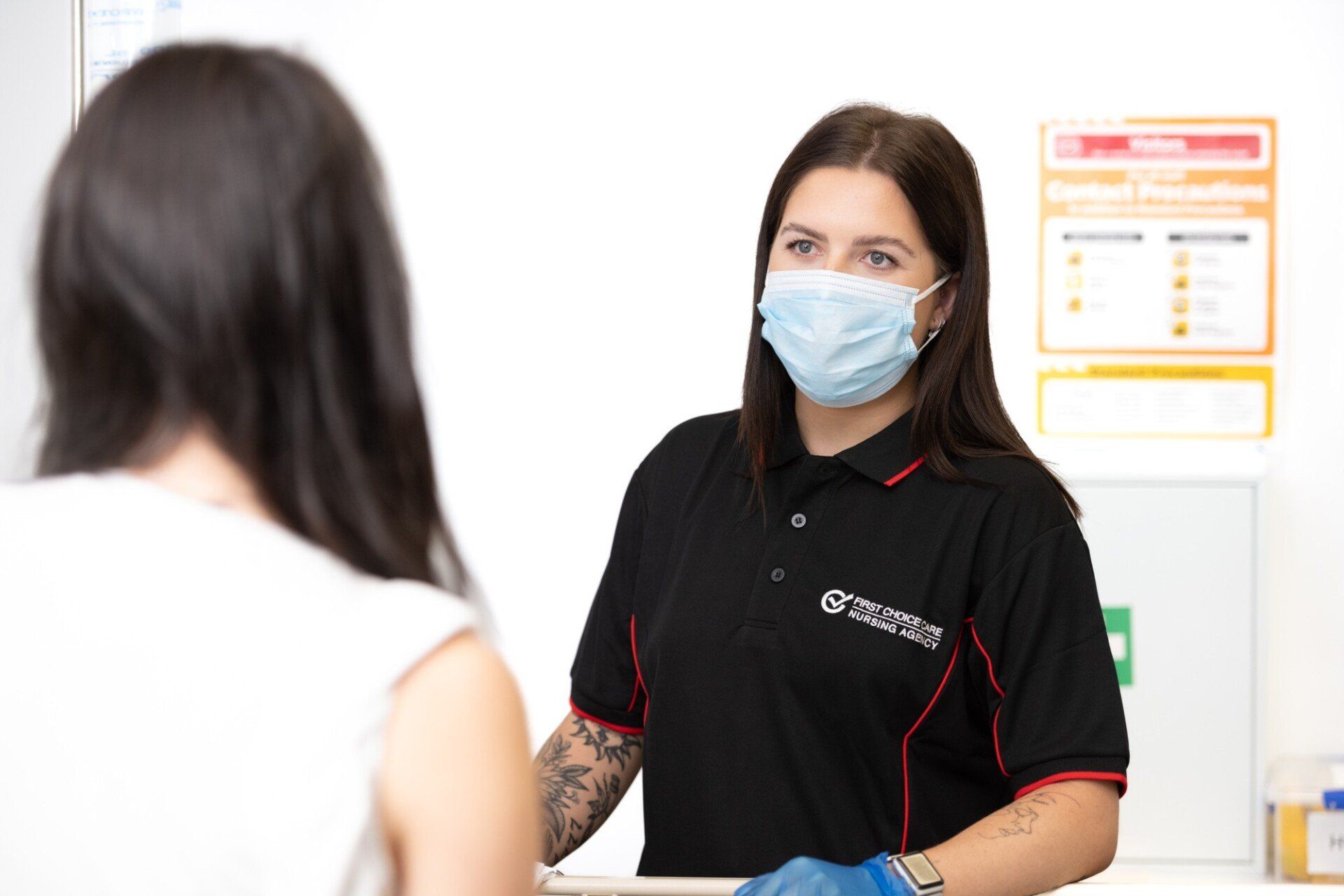
Your first-choice agency for Nursing and Midwifery jobs in Metro and Remote Queensland.
Write your caption hereSearch for jobs near you -

Refer* a Registered Nurse, Midwife, Enrolled Nurse or AIN to both earn gift vouchers up to $1,000
Write your caption hereStart referring -

National Rural and Remote Contracts with many benefits
Learn more -

$150 Living Away from Home Allowance (LAFHA) per week* for Rural & Remote Nurses
Find out more
Why choose First Choice Care?
We are a dedicated nursing agency who have been placing nurses and midwives for over 16 years into roles that suit their lifestyle requirements.
As a leading supplier to Queensland Health and other major facilities across the state, we can offer roles across different specialties and locations within Queensland for Registered Nurses, Midwives, Enrolled Nurses, Assistant Nurses, Clinical Facilitators and much more. We also offer contract roles for nurses to experience remote & rural locations across Australia. Your nursing adventures starts with First Choice Care.

Decide when and where
you want to work

Higher casual
rates of pay

Access to training and career
progression

Support from our in-house
Clinical Nurse Team
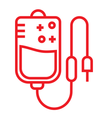
A wide range of shifts across
facilities in Queensland
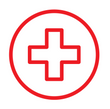
Rural & Remote opportunities
with benefits
Already working with FCC?
At First Choice Care, we value all our hardworking nurses, midwives and healthcare staff. It is our priority to ensure that you have the best opportunities and experience so that you can create a lifestyle that fits your needs. That’s why we developed FCCLive, our exclusive online portal. Our portal allows our staff to easily manage everything – all in one place! Here you can see your roster, update your availability and check your payslips.
Want to know about the latest Jobs?
Sign up to job alerts to receive the latest nursing and midwifery roles from First Choice Care to your inbox.
Select your preferences for work type, location and job title and you'll get the latest nursing and midwifery opportunities presented to you. If you're not ready to apply for a new role right now, then create a job alert so you will always be notified of the latest roles suitable to you across metro, regional and remote areas of Queensland.
You can also login to your existing account to edit and update your alerts.
About First Choice Care
First Choice Care (FCC) started out as a family run business in 2005 with an understanding that nurses and midwives value flexibility. FCC started engaging with a wide range of providers to offer a diverse range of work opportunities across public, private, and aged care facilities giving our nurses and midwives shifts that suit their lifestyle and preferences.
First Choice Care has grown tremendously since it’s humble beginnings, but the one thing that has not changed is our relationship and connection with our nurses and midwives. We continue to keep the personal touch, while we are still large enough to work with some of the premier facilities in Queensland to offer flexible nursing roles.
Nursing in Brisbane with FCC
Are you a midwife or nurse wanting to choose where and when you work? Then join the FCC Team. We can help you find roles across various nursing specialties and will be there to support you along the way.
If you’re looking for work in hospitals (private or public), aged care or any another facility, the choice is yours with First Choice Care.
At First Choice Care, you can broaden your knowledge by upskilling with our partner organisation Australian Healthcare Academy (AHA). You can apply today as a registered nurse, enrolled nurse and/or midwifery jobs in the Brisbane area and beyond.
Hear from some of our nurses
Latest Blogs
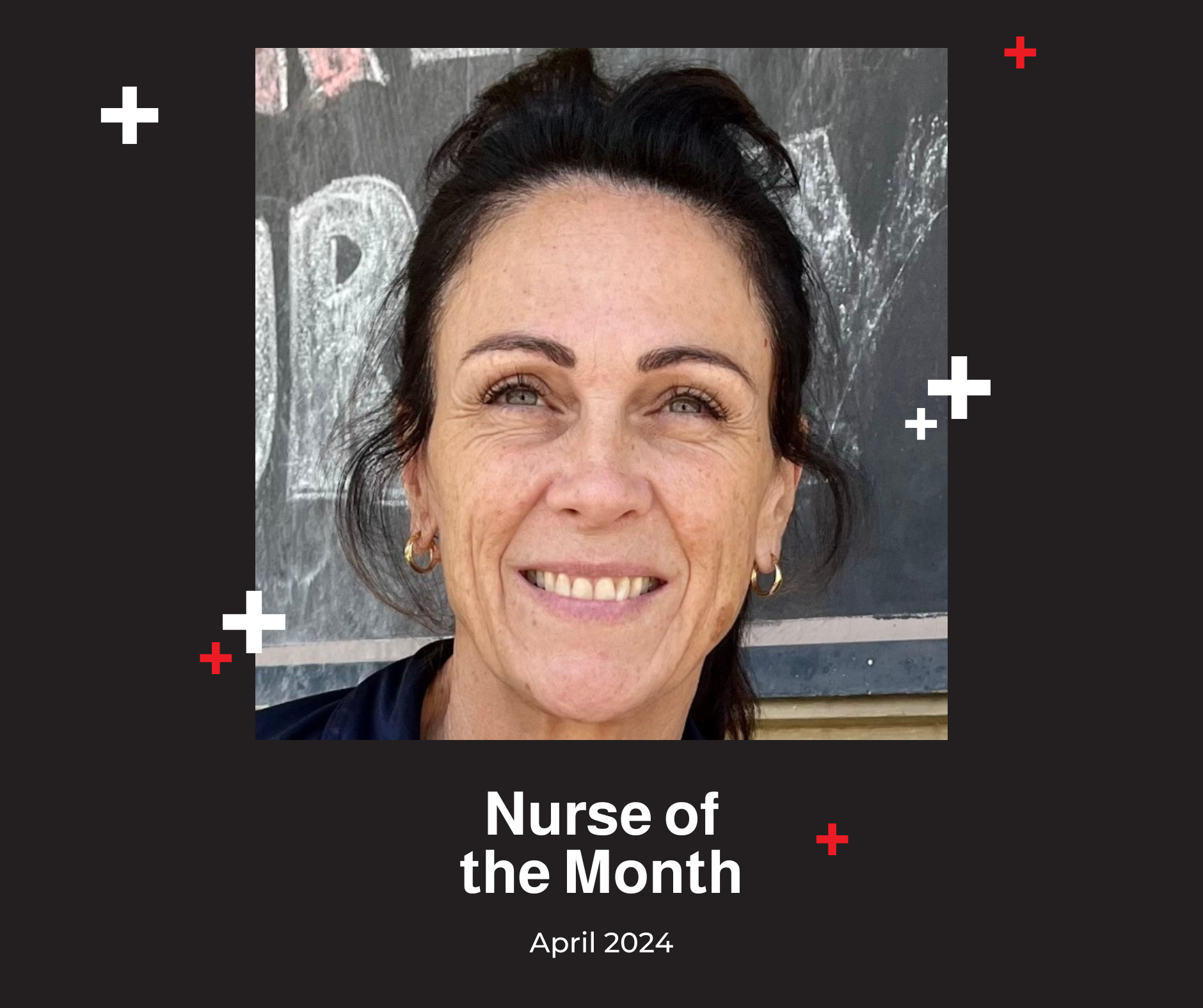

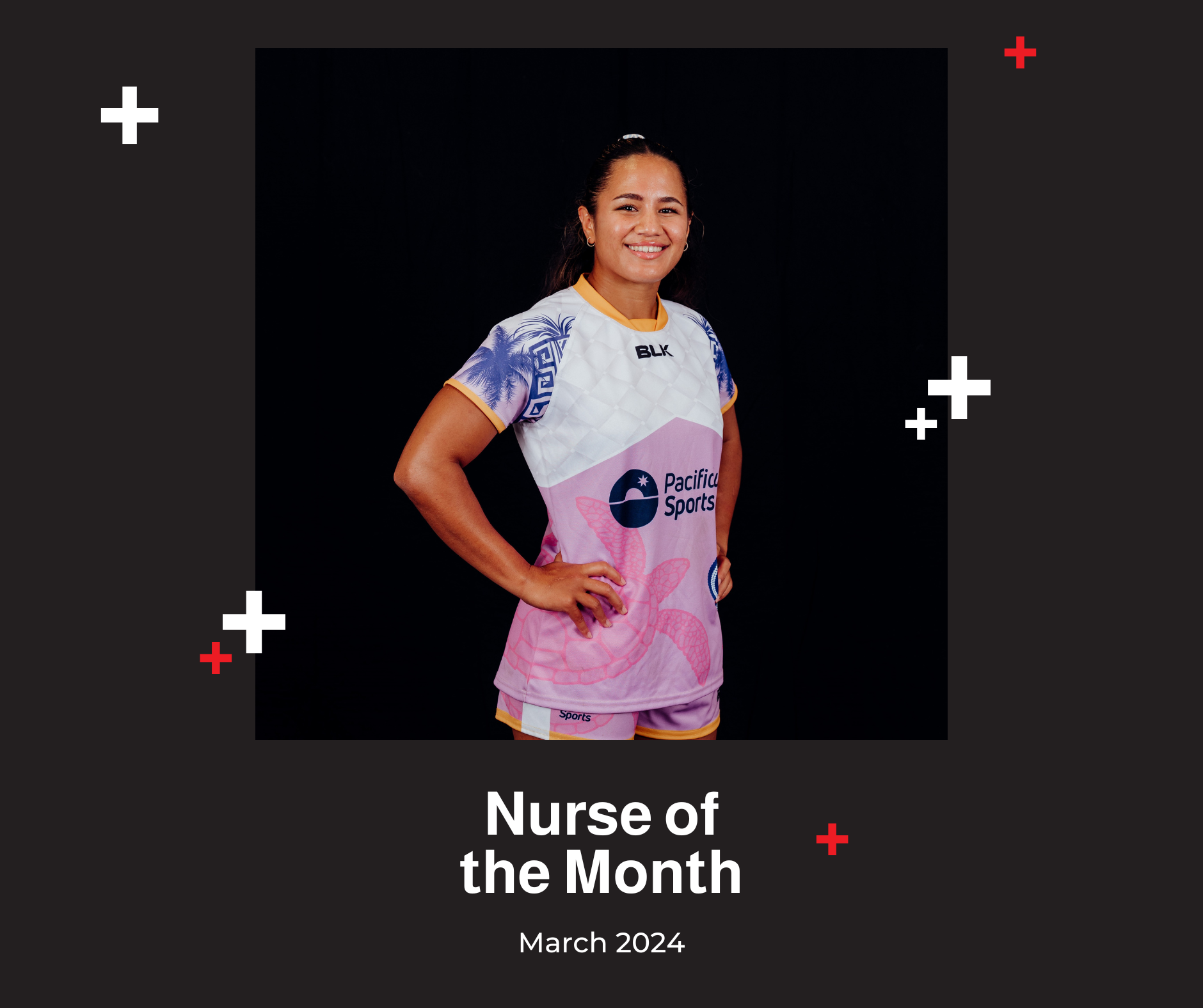
Navigation
Contact us
1300 107 241 (Recruitment)
1300 307 241 (24/7 Contact)
1 Miles Platting Rd, Eight Mile Plains, QLD, 4113
Copyright First Choice Care Nursing Agency © 2022
